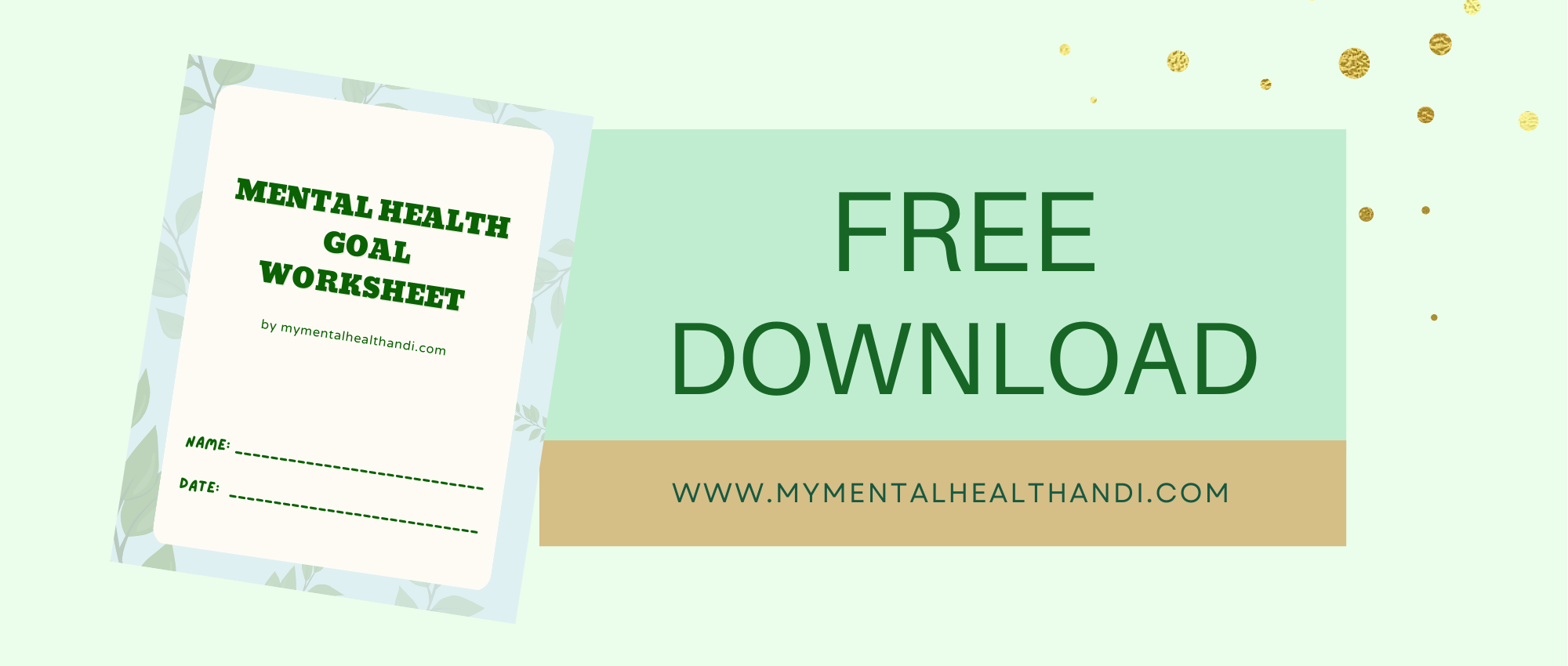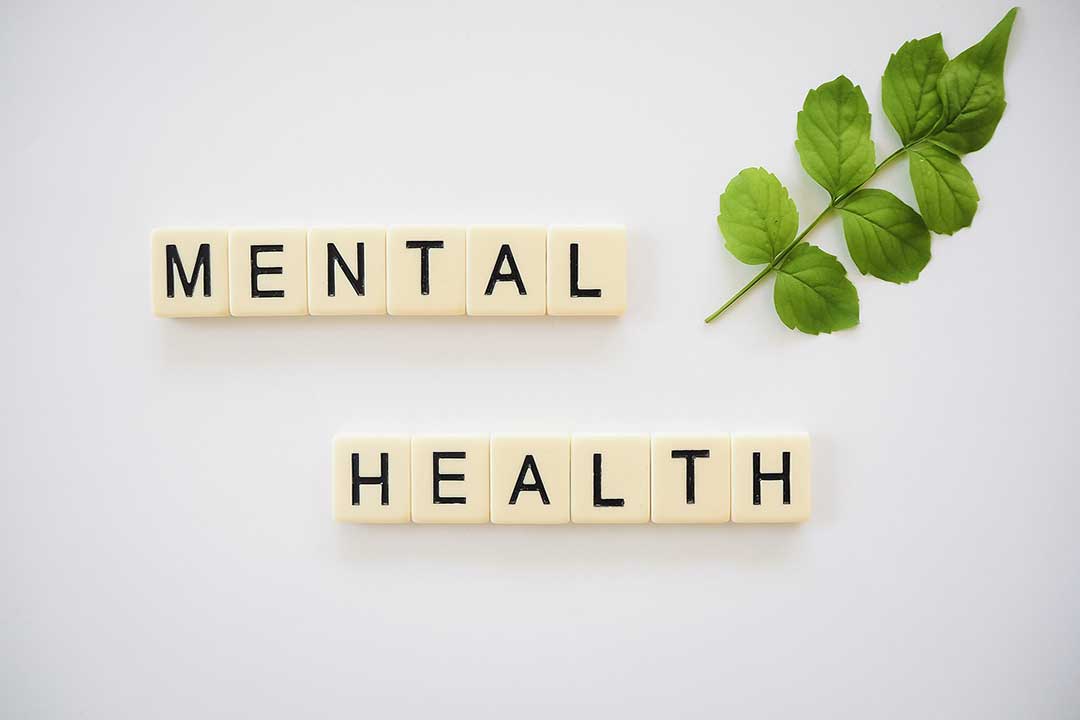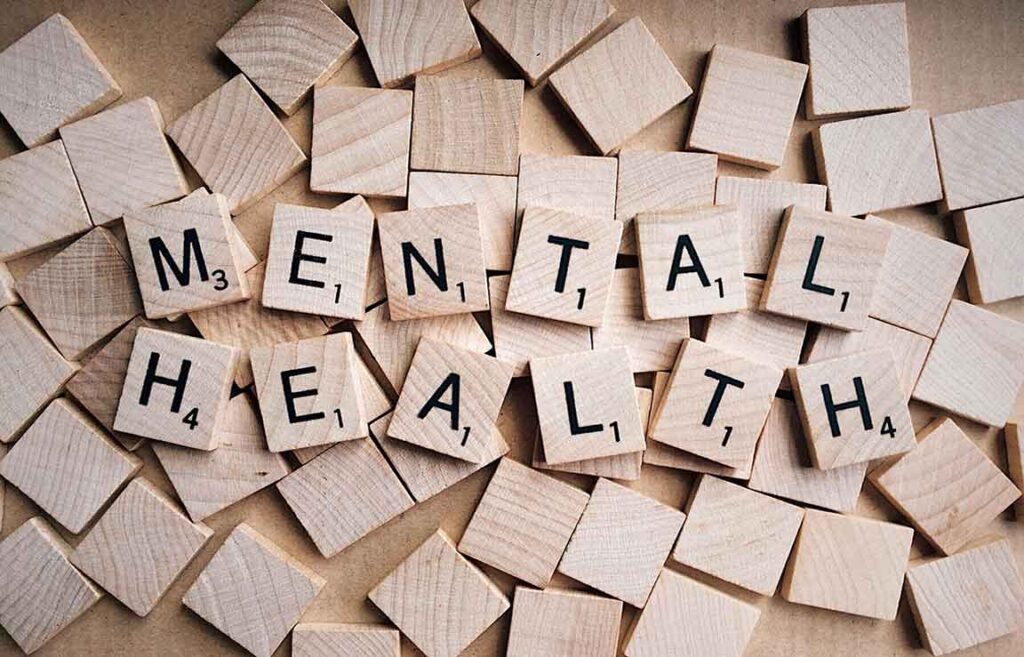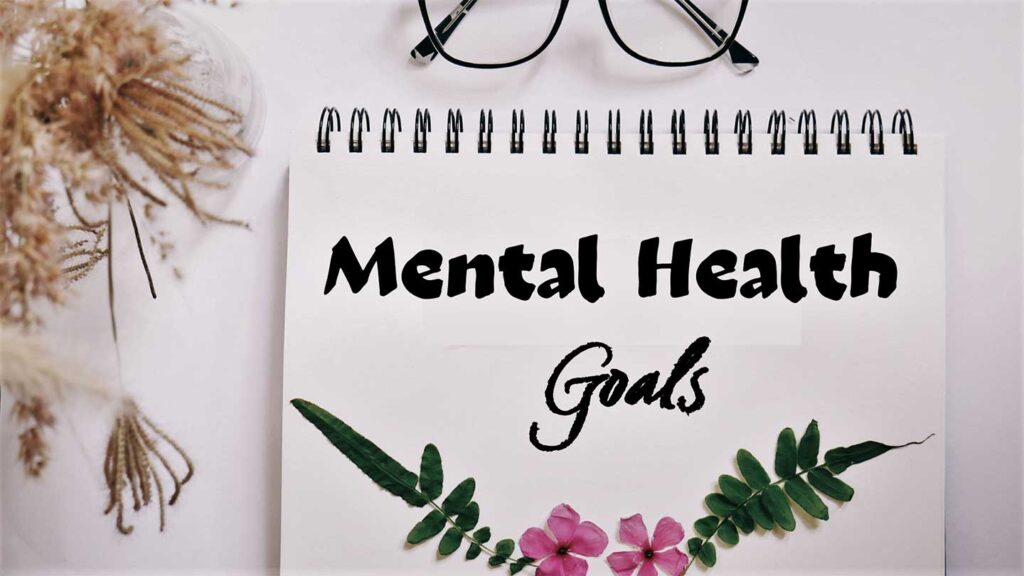By Lovlyn
If you want the best for your overall wellness, then making mental health a priority can help you achieve your health goals.
Mental health affects the way we think, act and feel. We don’t have to be mentally ill before we start taking care of our mental health.
In reality, a lot of people are struggling with their mental health but don’t consider it a threat to their lives. They ignore their symptoms and carry on with their daily activities. However, when left untreated, it worsens and becomes more difficult to treat and recover.
One of the most important things for us as humans is to take care of our bodies and minds.
What happens when you make mental health a priority?
Making mental health a priority can benefit you in so many areas of your life. When you begin the process of taking care of your mental health, you start to notice some positive changes in your life.
Here are 15 things that may happen when you make mental health a priority:
- Your mindset changes: Mindset is the foundation of mental health. It shapes your life and your perspective of things. Changing your mindset about mental health and making it a priority changes the way you see the world around you.
- You get educated on mental health: Prioritizing mental health is a process. It involves learning to identify and manage activities that help to boost health and well-being. Similarly, you learn to understand your emotional feelings and how to respond to situations positively.
- You learn to manage stress and anxiety: We are faced daily with many life stressors and challenges. Prioritizing mental health can help you learn to deal with these stressors. Managing stress can help you fight serious health problems like heart disease.
- You build healthier relationships: When you nurture your mental health, you learn to tackle loneliness. And also, learn how to set healthy relationship boundaries and make relationships with people based on mutual love and respect.
- Improves physical health: Mental and physical health are closely related. Poor mental health can affect your physical health. Likewise, good mental health can improve your physical health.
 Subscribe to my email newsletter to get a free mental health goal worksheet
Subscribe to my email newsletter to get a free mental health goal worksheet
- Reduces mental illness symptoms: Prioritizing mental health helps you pay attention to warning signs and take accurate measures to reduce mental illness symptoms such as; changes in eating and sleeping habits.
- You learn to prioritize self-care: Self-care is all about making out time for activities that are important for our mental and physical well-being.
- Improves mood and emotions: The steps you take in caring for your mental health can not only improve your mood but also help you maintain good emotional health.
- You learn to help and support others: Being educated on mental health issues can help you understand when someone around you is struggling and needs professional help. More importantly, you’ll be able to offer better support to them.
- Your self-confidence increase: Confidence comes from feelings of well-being; you have better chances of increasing your self-confidence when you take care of your mental health. Which makes you more liable to take the necessary actions to achieve your goals with less fear or anxiety.
- Clearer thinking and decision making: Our mental health affects the way we think, act and feel. Coping strategies you learn, help you think clearly and make better decisions when faced with stressful situations.
- You find Inner peace: Improving your mental health helps you find inner peace. You feel at ease with yourself and face daily challenges with a prepared mind.
- Increases energy and productivity: Self-care methods and activities like exercise, keep you energized and increase productivity in all areas of your life.
- Improves self-esteem and self-acceptance: Low self-esteem is associated with mental health problems such as depression and anxiety. But, having good mental health can boost your self-esteem and makes it easier to acknowledge your strengths and weaknesses as a human being.
- You learn to overcome procrastination: Procrastination is common and can be connected with mental health challenges. When your mental health becomes a priority you develop coping strategies to fight off procrastination.
You might also like: 10 Types Of People To Avoid For A Better Mental Health

How you can make mental health a priority
- Educate yourself about mental health: Educating yourself on mental health is the first step to prioritizing mental health. Certainly, learning about mental health may help you identify what helps you feel mentally well and when you might need to seek professional help.
- Find your purpose in life: Finding your life’s purpose can have a positive effect on your mental health and can help you live life to the fullest.
- Practice self-care: Take care of yourself. You deserve the love, care and attention you give to others.
- Spend time with others: Spending time with others can, not only increase your sense of belonging and purpose but also prevent loneliness.
- Get help when you need it: Asking for help can be difficult. But there’s nothing wrong with reaching out to someone when you are struggling.
- Get enough sleep: Sleep is very essential for our overall health. It can boost your immune system and lower your risk for serious health problems.
- Exercise: Include exercise in your routine. Exercising doesn’t have to be about going to the gym. It’s about keeping your body active. Walking, dancing, yoga, and taking the stairs, can all be helpful.
Conclusion:
Prioritizing your mental health doesn’t have to be so much work. It’s about taking care of yourself, which is something you can do daily without thinking so much about it.
Start now to care for your mental health. Don’t wait until you are struggling. “Health is wealth” doesn’t apply only to physical health, but also to mental health as well.
Hope you found this blog post helpful. Share your thoughts in the comment section below!
DISCLAIMER:
The content of this blog is not intended to be a substitute for professional medical advice, diagnosis, or treatment. It is provided for general information only.
RECOMMENDATION
If you need help or know someone who needs help with their mental health or mental illness, check out the resource page for mental health resources.













